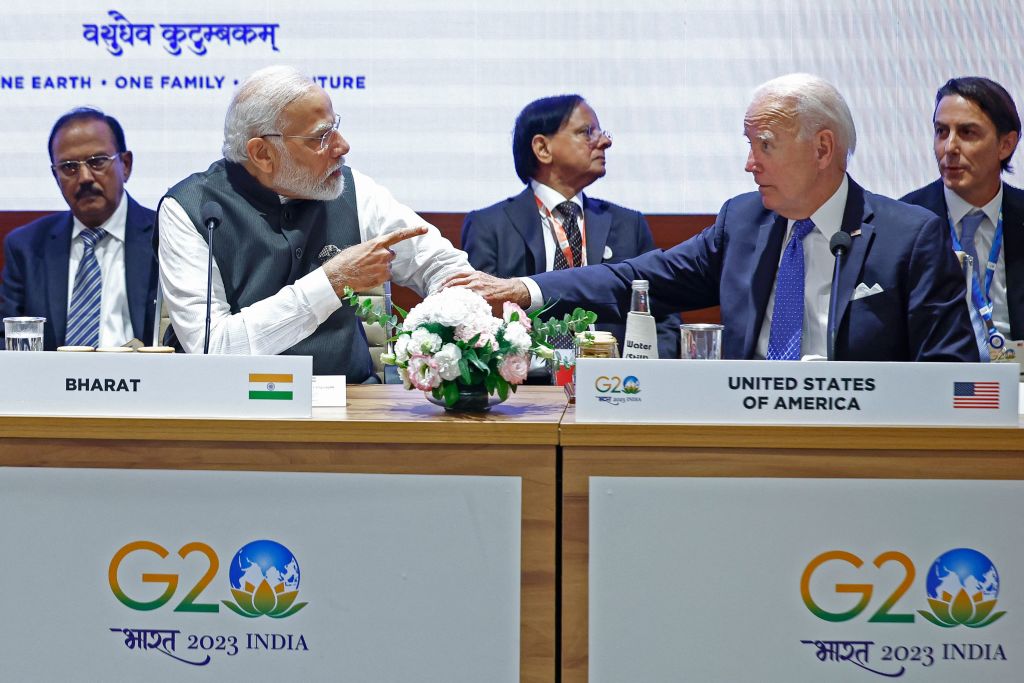- Saturday, April 27, 2024
A US state department spokesperson said Washington is “closely monitoring how this act will be implemented”.

By: Shubham Ghosh
THE Indian government on Friday (15) objected to the United States’ “will closely monitor” statement on its implementation of the contentious Citizenship Amendment Act (CAA) that looks to grant Indian citizenship to persecuted non-Muslim minorities of three Muslim-majority nations of Pakistan, Afghanistan and Bangladesh who entered in India on or before December 31, 2014.
New Delhi called Washington’s remarks as “misplaced, misinformed, and unwarranted” and an effort to interfere in India’s internal affairs.
Randhir Jaiswal, spokesperson of India’s ministry of external affairs (MEA), said at a regular press briefing in New Delhi, “The Citizenship Amendment Act is about giving citizenship, not about taking away citizenship. It addresses the issue of statelessness, provides human dignity and supports human rights.”
Read: US, UN worried over CAA, India’s religion-based citizenship law: ‘Fundamentally discriminating’
“As regards the US state department’s statement on the implementation of the CAA, we are of the view that it is misplaced, misinformed, and unwarranted,” he added.
The official also said that “lectures by those who have a limited understanding of India’s pluralistic traditions, and the region post-partition history are best not attempted”.
Read: India makes CAA law a reality: What’s CAA and who will be impacted?
On Tuesday (12), a US state department spokesperson expressed concern over the CAA, which was passed in 2019 but faced protests in India and was reportedly delayed by Covid-19 pandemic, and said Washington is “closely monitoring how this act will be implemented”.
“Respect for religious freedom and equal treatment under the law for all communities are fundamental democratic principles,” the spokesperson said.
The CAA was notified on March 11, just a month or two ahead of India’s next general elections.
The decision triggered sporadic protests with critics, including opposition parties and minority Muslim groups, who alleged that the law discriminates against the minority community and undermines India’s secular legacy.
The United Nations also expressed concerns over the enforcement of the CAA and called it “fundamentally discriminatory in nature” when it was passed in parliament in 2019.
Indian home minister Amit Shah asserted this week that there would be no rolling back of the law and that it was meant to help minorities in those countries where they are experiencing religious persecution.
The opposition have accused the Narendra Modi government of indulging in vote-bank politics by implementing the CAA ahead of the elections.
![]()